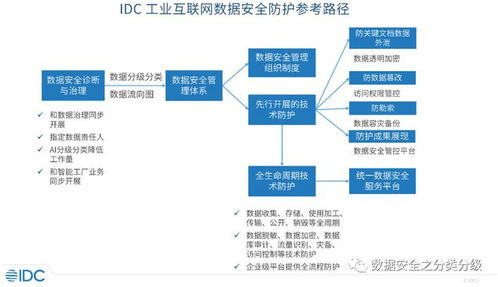Football Wealth: Unveiling the Financial Powerhouse of the Beautiful Game
Have you ever wondered how football, often referred to as the beautiful game, has become a financial powerhouse? The sport has transcended borders, cultures, and economies, creating a global phenomenon that generates immense wealth. In this article, we will delve into the various dimensions of football wealth, exploring its impact on clubs, players, and the entire industry.
Club Ownership and Revenue Streams

Club ownership has evolved over the years, with many clubs now owned by wealthy individuals, corporations, and even other countries. This shift has led to significant investment in infrastructure, player transfers, and youth development. The revenue streams for football clubs are diverse and include:
| Revenue Stream | Percentage |
|---|---|
| Matchday Revenue | 20% |
| TV Rights | 40% |
| Commercial Rights | 20% |
| Other (Sponsorship, Licensing, etc.) | 20% |
Matchday revenue, which includes ticket sales, parking, and merchandise, has traditionally been a significant source of income for clubs. However, with the rise of global broadcasting, TV rights have become the primary revenue generator. Commercial rights, including sponsorships and licensing, also contribute significantly to club finances.
Player Transfers and Salaries

Player transfers have become a multi-billion-dollar industry, with clubs willing to pay exorbitant fees for top talent. The transfer market is driven by several factors, including the club's need to compete for titles, the player's market value, and the agent's influence. Here are some key statistics regarding player transfers and salaries:
| Year | Transfer Fee (€ millions) | Player | From Club | To Club |
|---|---|---|---|---|
| 2020 | 220 | Paul Pogba | Manchester United | Paris Saint-Germain |
| 2019 | 180 | Kevin De Bruyne | Manchester City | Manchester City |
| 2018 | 150 | Kylian Mbappé | Monaco | Paris Saint-Germain |
Salaries have also seen a dramatic increase, with top players earning millions of pounds per week. This has led to concerns about the sustainability of club finances and the potential for financial fair play breaches.
Globalization and the Expansion of the Football Market

The globalization of football has opened up new markets and opportunities for clubs and players. The expansion of the European Super League, for instance, aims to create a more competitive and lucrative league. This move has sparked controversy, with some critics arguing that it could harm the traditional football pyramid and regional competitions.
Additionally, the growth of football in emerging markets, such as China and the Middle East, has provided new revenue streams for clubs. Sponsorship deals, broadcasting rights, and fan engagement have all contributed to the expansion of the football market.
The Impact of Football Wealth on Society
The immense wealth generated by football has had a profound impact on society. It has created job opportunities, supported local economies, and provided a platform for social change. However, it has also raised concerns about inequality, corruption, and the potential for the sport to be exploited for financial gain.
Clubs and governing bodies have been under increasing pressure to implement measures that promote financial transparency and sustainability. Initiatives such as financial fair play regulations and player wage caps have been introduced to address these concerns.
Conclusion
Football wealth is a complex and multifaceted issue. While it has brought immense benefits to










